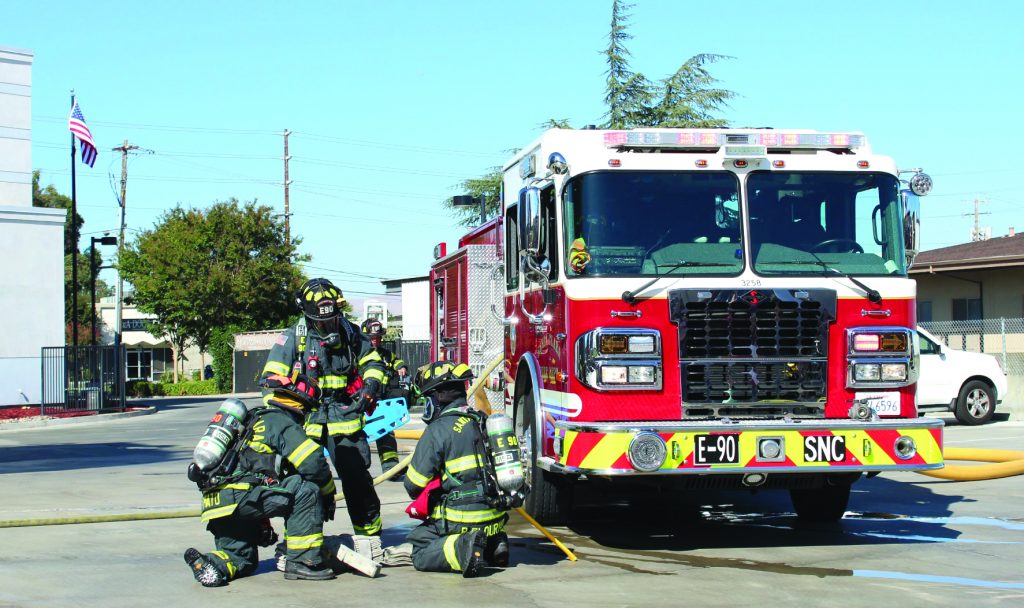Santa Clara has agreed to a $2.7 million settlement in a lawsuit claiming the City under-calculated overtime pay. Quick to accuse business partners of improper wage practices, Santa Clara turns out to be a major offender on this score.
The collective action lawsuit was filed under the federal Fair Labor Standards Act (FLSA) by a group of firefighters on behalf of about 150 employees. The plaintiffs charged that the City violated labor laws by failing to include the value of unused medical benefits and specialty pay — for example, hazardous duty — in calculating overtime pay between May 2014 and August 2018.
The law defines “regular rate of pay” used in overtime pay calculation as including all compensation, with certain exceptions such as gifts. A 2016 case Flores v. City of San Gabriel, established decisively that medical benefits are part of the “regular rate of pay” and must be included in calculating overtime. The City failed to update its payroll system at that time and didn’t do so until 2018.
In 2017, the City’s Firefighters Union raised the question of including “cash in lieu” of unused medical benefits in overtime calculations. These discussions continued until 2018 without action by the City, according to court documents, at which time the lawsuit was filed. The plaintiff’s attorney, Dieter Dammeier, characterized the City’s conduct as “dragging their feet.”
City officials dispute this.
“The City of Santa Clara has always been working with its firefighters and its other employees affected by the Flores v. City of San Gabriel decision to make them whole and get them the pay they deserved under federal law,” said City Attorney Brian Doyle in an email.
The City’s initial response denied all the allegations and said that the plaintiffs failed “to state facts sufficient to constitute a cause of action” and that “Plaintiffs are exempt from the overtime provisions of the Fair Labor Standards Act.”
By August 2018, the City had updated its payroll system and had arrived at an agreement with the plaintiffs for a $1.7 million settlement for 151 employees, who were asked by the City to sign a release on the settlement.
But plaintiffs said that this release was “unapproved and misleading,” “one-sided” vague and aimed “to limit participation in the lawsuit,” in a new action filed last March.
The release failed to inform employees of critical information — that the settlement was subject to court approval, for example — and that they would be accepting half what they could recover in a lawsuit; based on the Flores precedent, which awarded plaintiffs twice the amounts they were due.
Employees signing the release also waived the right to “cooperate” in further FLSA litigation — namely by other employees whose overtime was incorrectly calculated. Finally, at the time the settlement was being hammered out, the same firefighters union attorney was also negotiating a new contract with the City and “informing members to not file litigation because negotiations would be negatively impacted,” according to court documents.
While this was pending, the parties reached a new settlement, this time for $2.7 million. Under the agreement, $627,000 is allocated to the original 150 plaintiffs, $1.9 million for all the remaining City employees entitled to overtime (putative plaintiffs) and $150,000 in plaintiffs’ legal bills.
In addition to the back pay due, the plaintiffs will receive damages equal to the back pay due and a $5,000 “service fee.”
As this time, it’s unclear whether other employees will receive these additional damages. The plaintiffs have made a motion to include them in the collective “class,” but the City’s position is that they’re excluded from this part of the settlement.
“The City,” said Attorney Daimmeier, “at the end of the day, did the right thing by its employees.”
